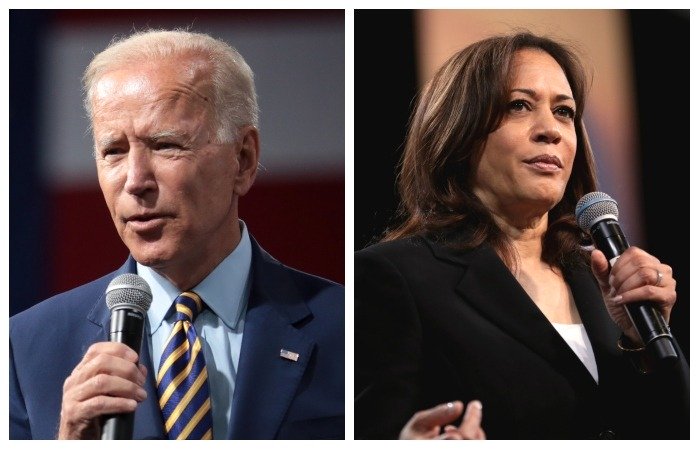A newly released report from the Department of Homeland Security (DHS) Inspector General has raised significant concerns about the border and immigration practices of the Biden-Harris administration. The report criticizes U.S. Customs and Border Protection (CBP), U.S. Immigration and Customs Enforcement (ICE), and the Transportation Security Administration (TSA) for failing to adequately assess the risks associated with releasing noncitizens without proper identification and allowing them to board domestic flights.
The investigation by the DHS Inspector General focused on the release of noncitizens who lacked proper identification and their subsequent ability to travel freely within the United States on domestic flights. According to the report, although CBP and ICE have protocols in place to verify the identity of noncitizens upon entry, there are significant gaps in their ability to fully confirm identities when noncitizens do not have documentation.
In particular, the report highlights that “Prior to releasing these individuals, CBP and ICE immigration officers accept self-reported biographical information, which they use to issue various immigration forms.” Once in the United States, noncitizens can travel on domestic flights, “as a basis for issuing various immigration forms. This means that individuals who could pose significant risks are being released into the country without sufficient vetting. Once released, these individuals can travel domestically, often without TSA-approved identification.”
The report also examines TSA’s screening processes for noncitizens who lack acceptable identification for domestic travel. According to current TSA procedures, noncitizens without proper identification undergo additional screening measures, which involve using biographical and biometric data from DHS immigration forms. Although TSA performs vetting through law enforcement databases and conducts further physical screening, the report highlights that these procedures are insufficient to completely mitigate the associated risks.
According to the findings, “TSA’s vetting and screening procedures do not eliminate the risk that noncitizens who may pose a threat to fellow passengers could board domestic flights.” This is an acknowledgment that the current system has potential security gaps, especially given the scale of undocumented individuals entering the U.S.
The report outlines three key recommendations to address the identified vulnerabilities. These include urging CBP and ICE to enhance their risk assessment protocols and calling for improvements in TSA’s screening procedures for noncitizens without acceptable identification. However, the report states that DHS has not agreed to these recommendations, raising ongoing concerns about the safety risks associated with current practices.
The lack of action on these recommendations has garnered significant attention. The Inspector General’s office has requested that DHS submit a corrective action plan within 90 days, addressing each unresolved recommendation and outlining timelines and responsible parties. Until then, the report categorizes these recommendations as “open and unresolved.”
“It’s embarrassing that the Biden-Harris administration needs an official government watchdog to tell them what anyone with the slightest bit of common sense intuitively understands,” Rep. Mark Green (R-NC) told Fox News regarding the DHS IG’s findings. “This administration should not be letting unvetted non-citizens roam free in our communities and get on planes, especially when their identities cannot even be verified. The colossal failures documented by the OIG are bad enough—even worse is that they are happening on a daily basis with the blessing of the Biden-Harris White House.”
The revelation that noncitizens without adequate identification can travel within the U.S. with minimal oversight raises significant security concerns and questions the effectiveness of current border management strategies. This issue is likely to intensify political debate, especially amid the ongoing national conversation on border security and immigration reform under the Biden-Harris administration. As many Americans advocate for stricter immigration controls, the report may provide additional evidence of systemic vulnerabilities, potentially increasing calls for both legislative and administrative changes.



